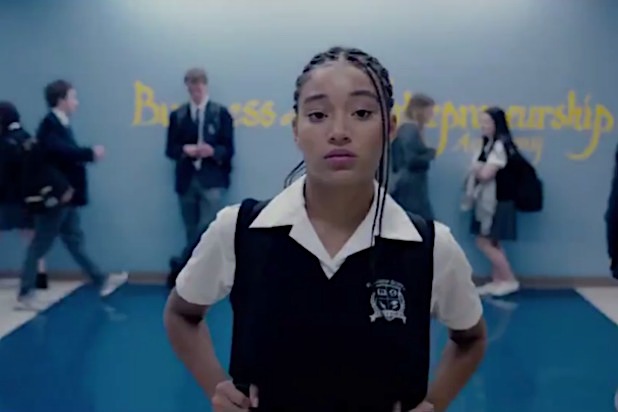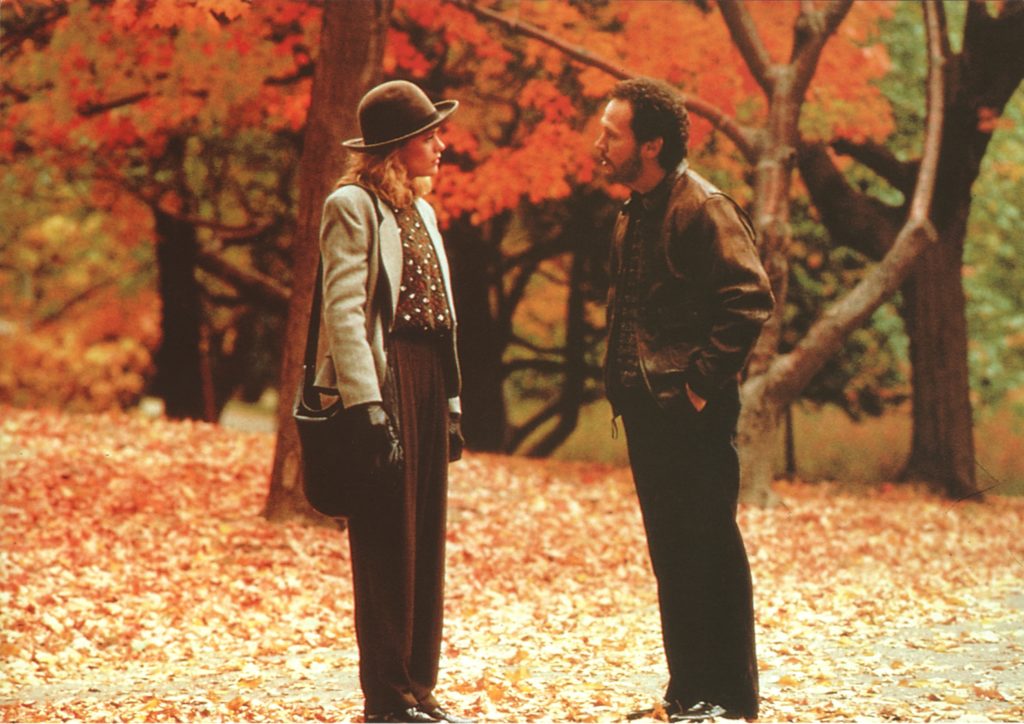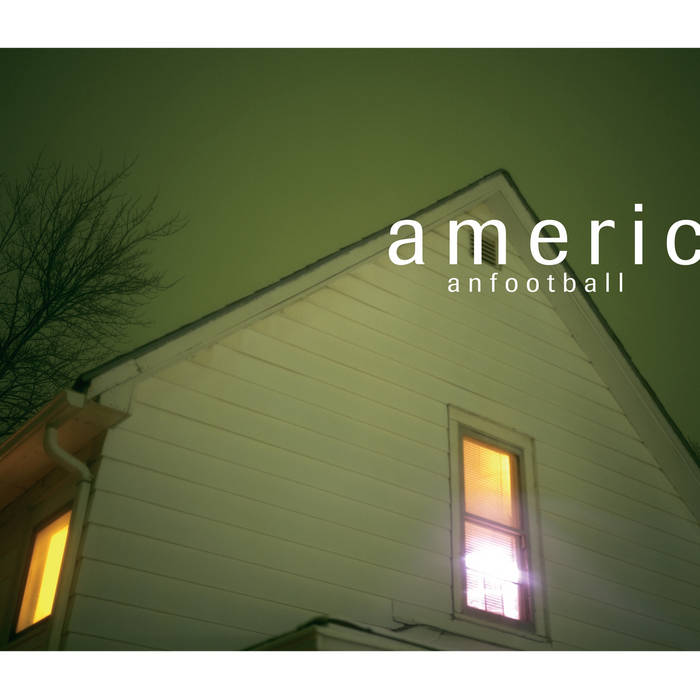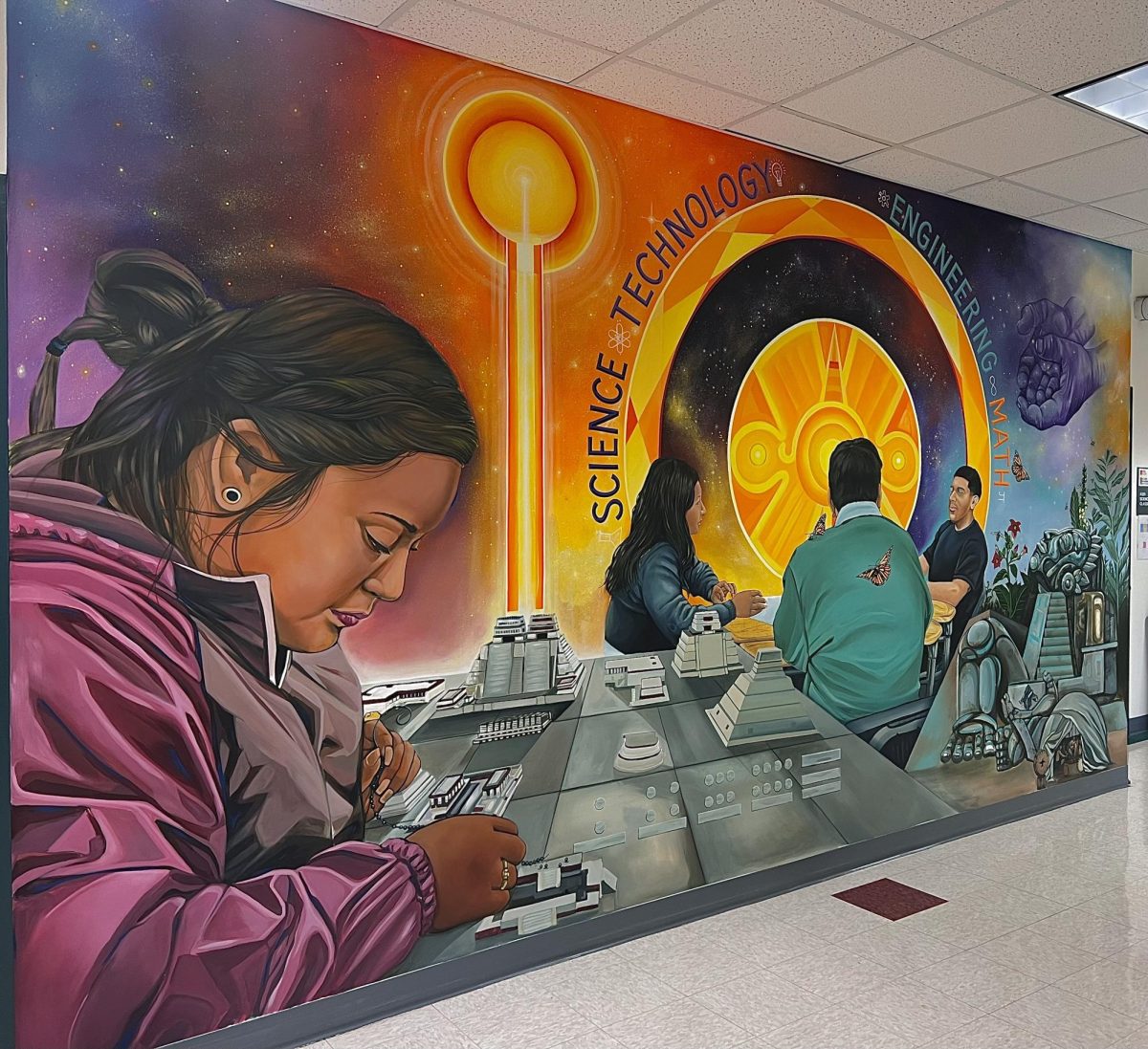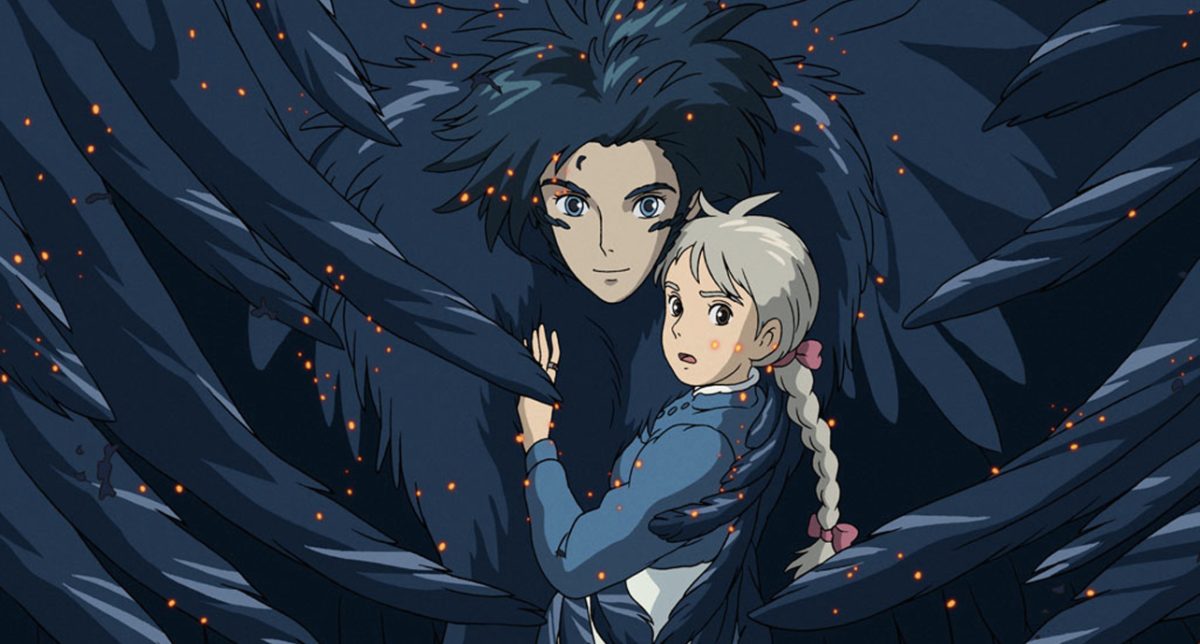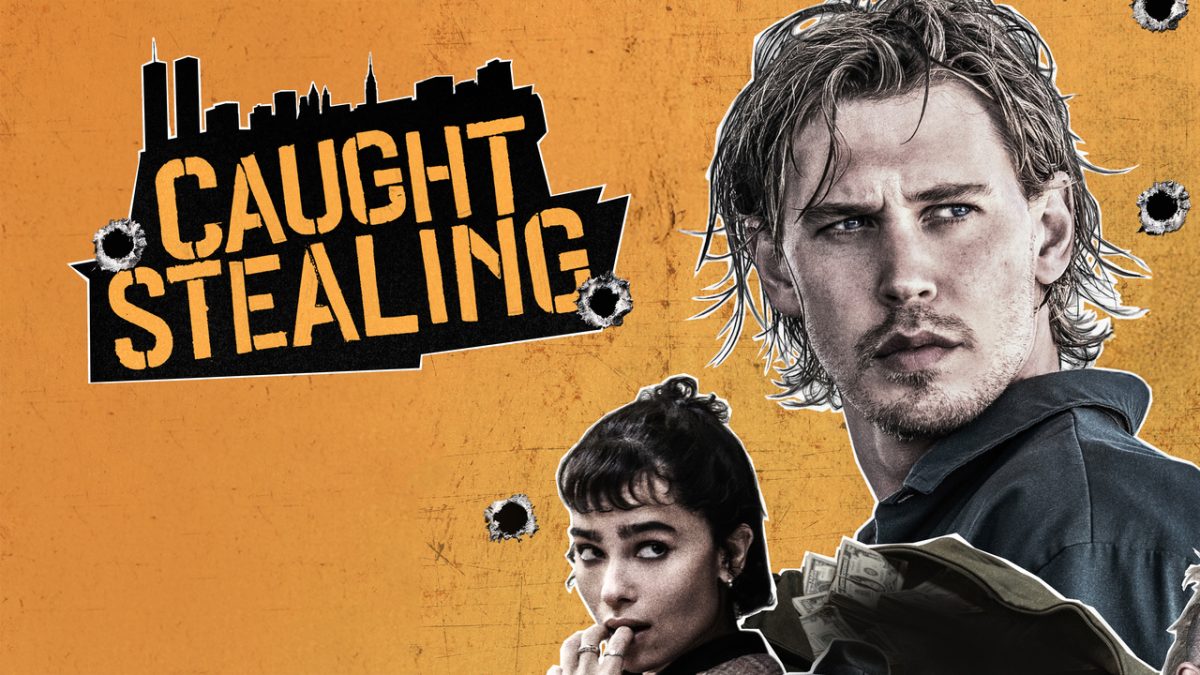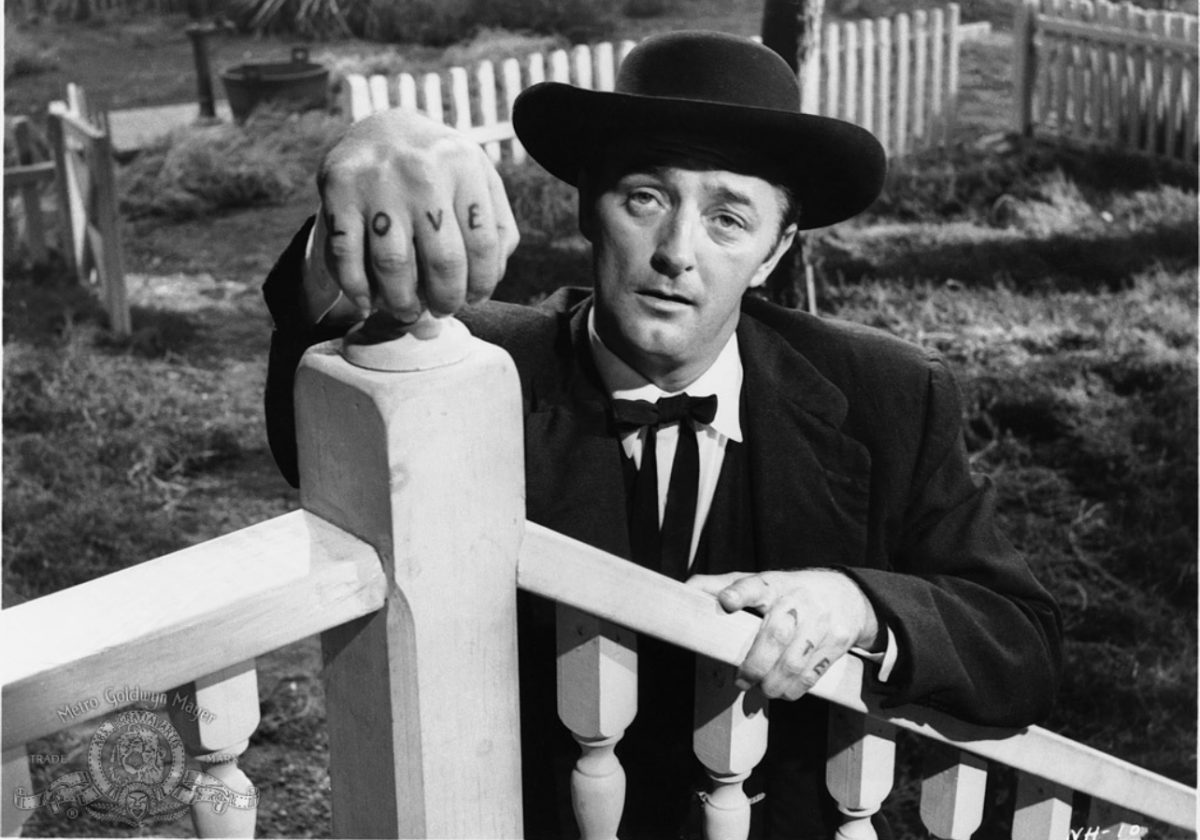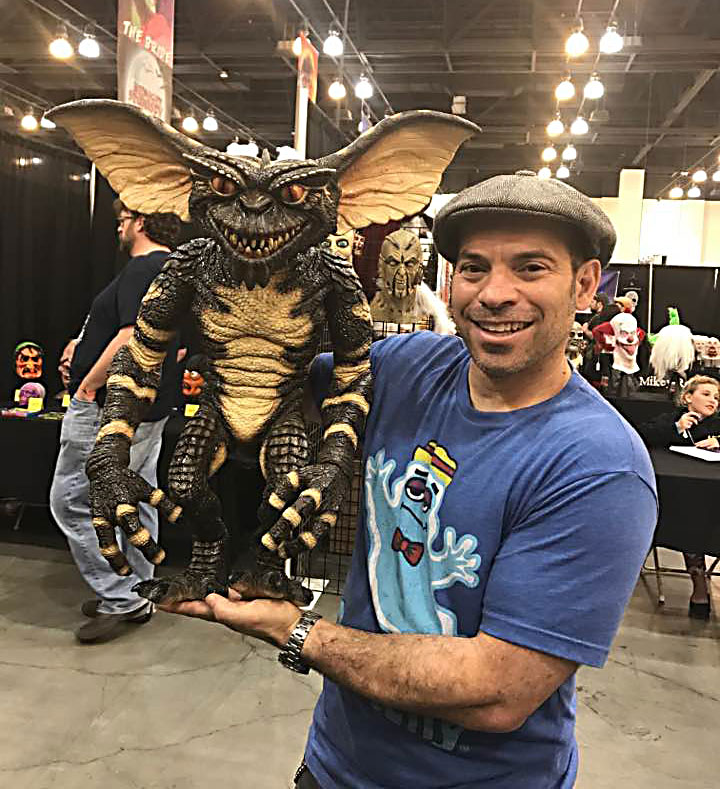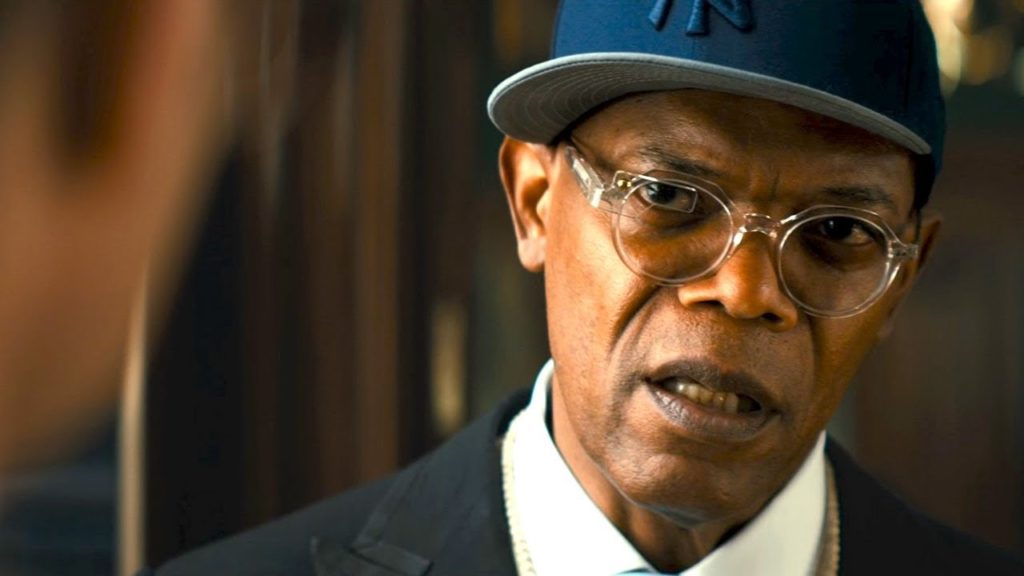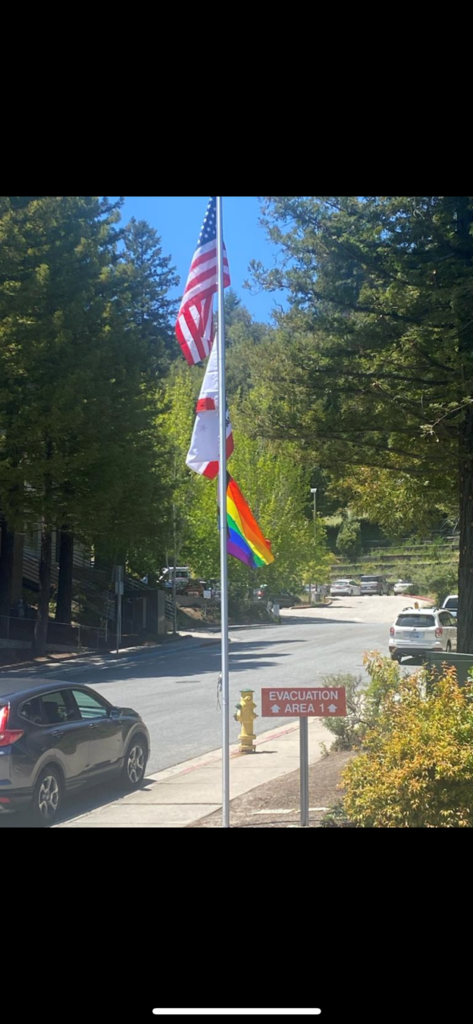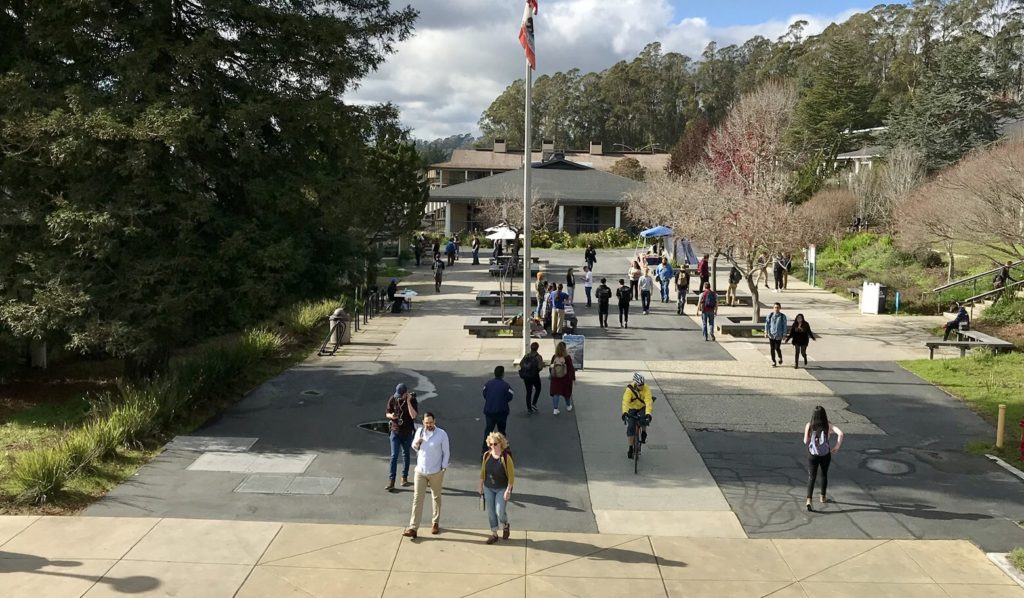This film is a coming-of-age story about a young woman struggling to decide what version of herself fits into a world that judges her on sight. It’s everything a tone deaf “blue lives matter” rank-and-file does not want you to see. Not because it incites violence against a racist police force, which it absolutely does not do. They don’t want you to see because it puts a face and a story to people affected by a world that can’t be bothered to see anything but a weapon in a face of color.

This beautifully acted and pristeanly edited film was directed by George Tillman Jr. and written by Angie Thomas and Audrey Wells, who lost her battle with cancer on October 4th, just as the film was having it’s small release.
I’m just ballparking here, but I saw this beautifully performed and immaculately edited creation on a Saturday night, and about 80% of the audience was white, 90% was female, and 75% were in their teens. This film is not only about empowering the people it featured, though it certainly offers representation of a type of family structure that is shameful lacking in mainstream entertainment. It’s also an education for people who want to understand, and need a window to see into a world they are probably grateful they can’t enter.
Starr Carter (Amandla Stenberg) goes through a very hard, but tragically common, life experience, and viewers watch as it causes a domino effect that ripples through her entire life. Starr’s narration articulates her need for constant self awareness and self assessment in order to navigate the two worlds she exists in: her neighborhood, filled with working class people of color that have to struggle and in some cases break the law in order to make ends meet, and the life she lives at a private school filled with upper middle class predominantly white privilege just a forty minute drive away.

Just after the film’s initial tragedy there is a scene where Starr’s father Maverick (Russell Hornsby) is almost forced to fight the local drug lord, King (Anthony Mackie) to protect Starr. One black and one white officer roll up to the scene and the men who were picking the fight drive away, leaving Maverick to face the police alone.
When it was a fight between men, Starr’s mother Lisa (Regina Hall) and her brothers Seven (Lamar Johnson) and Sekani (TJ Wright) all stay at the table inside. But as soon as the police become involved everyone rushes to observe and intercede on the behalf of a potential victim of police violence. Everyone has a camera pointing at the men in uniform. The crowd shouts and lets their power be known. The officers decide arresting Maverick and Seven is more trouble than asserting their power is worth. The ironic words of one of the officers rings out against the fiercely focused eyes of the restaurant patrons.
“Consider this a warning,” says the white officer. But the warning is to the police force. And the message is clear that the community is watching.
There are so many powerful scenes in this film. But the most heartwarming thing I took from it was that despite tragedy, despite oppression, despite having to fight for their right to exist, the characters in the film – and indeed an entire culture of America – does not take a day off, they don’t give up, and they don’t have time to waste on placing blame. They lift while they climb, and they are stronger for it.

